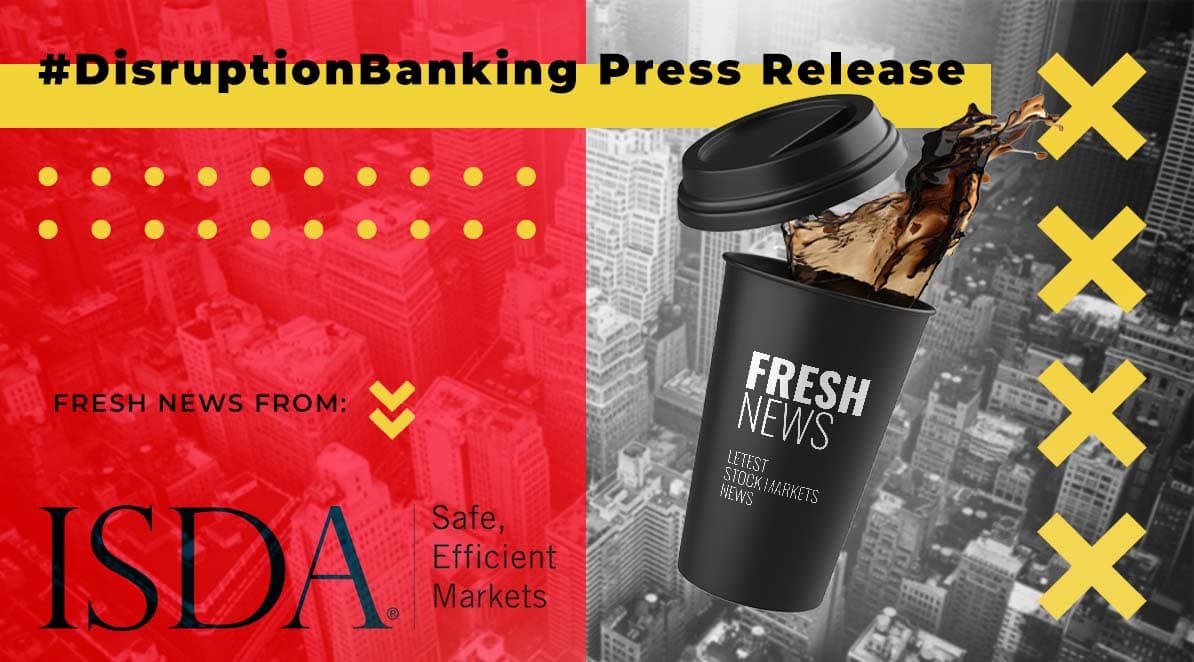NEW YORK, May 18, 2021 – The International Swaps and Derivatives Association, Inc. (ISDA) has today launched the ISDA 2021 Security-based Swaps (SBS) Protocol Agreement, aimed at helping firms meet certain rules developed by the US Securities and Exchange Commission (SEC), which will come into force later this year.
The ISDA 2021 SBS Protocol Agreement allows firms to amend the terms of their agreements with other adhering parties to meet a variety of SEC SBS rules, including reporting and dissemination of SBS information, business conduct standards for SBS dealers and major SBS participants, and risk mitigation techniques for non-cleared SBS.
Unlike the ISDA 2021 SBS Top-Up Protocol published on March 15, use of the ISDA 2021 SBS Protocol Agreement does not rely on ISDA’s August 2012 and March 2013 Dodd-Frank protocols, which enabled firms to implement similar Dodd-Frank rules introduced by the Commodity Futures Trading Commission for swap transactions. There is therefore no need for parties to have adhered to those earlier protocols or to have matched questionnaires with counterparties. Firms can also use the new standalone protocol if they intend to make different elections for SBS compared to the ones they made for swaps under the 2012 and 2013 Dodd-Frank protocols.
To complete the adherence process for the ISDA 2021 SBS Protocol Agreement, firms will need to exchange information and elections in the form of questionnaires that are provided as part of the protocol. ISDA is working with IHS Markit to make these questionnaires available on ISDA Amend for electronic exchange of information.
The ISDA 2021 SBS Protocol Agreement is open to both ISDA members and non-members and is available here.
About ISDA
Since 1985, ISDA has worked to make the global derivatives markets safer and more efficient. Today, ISDA has over 925 member institutions from 75 countries. These members comprise a broad range of derivatives market participants, including corporations, investment managers, government and supranational entities, insurance companies, energy and commodities firms, and international and regional banks. In addition to market participants, members also include key components of the derivatives market infrastructure, such as exchanges, intermediaries, clearing houses and repositories, as well as law firms, accounting firms and other service providers.














